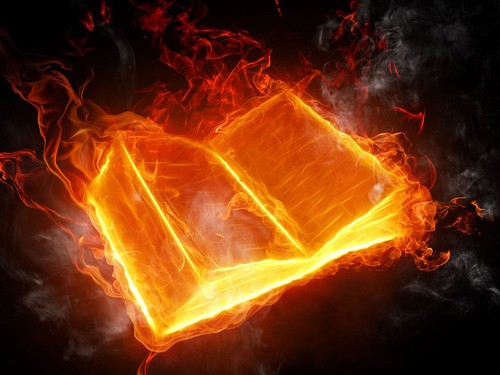
The theme of mysticism always attracts attention. Especially when it comes to such great works as The Master and Margarita. Now I will try to show how I see the essence of this classic work. The title can include the phrase: "Manuscripts do not burn." Although, there are a lot of books, works, works that really are not subject to combustion. Okay, let's get to the heart of the matter.
"Master and Margarita"
After each new reading, new impressions appear. Thoughts that reveal the essence of the work from a different angle. There is no unambiguous interpretation of each event described by Bulgakov.
Fate cannot be changed, everything is predetermined, but you need to strive?
First of all, you need to remember what Woland said. “Whether you believe in God or not, this does not change the essence. He is there and that's it. There can be no other interpretation ”. Yes, the quote is not literal. But still…
Indeed, we cannot direct our own lives. Even small plans may not come true, due to accidents that do not depend on our will. "Annushka has already bought the oil." Could Berlioz know that the girl had time not only to buy, but also to spill oil? Apparently, he did not even know her personally.
The essence of the phrase is that fate cannot be rewritten. The inevitability of events turns out to be the same as it was written from above. The person himself is not able to reliably assess reality and the surrounding reality.
Do you want to do household chores tomorrow? Maybe you want to go on a visit or on vacation? Have you decided to finish the renovation or buy new things? This is only your desire, thoughts that are not always given to come true. You should not look into the distant and not so, the future. It can rain heavily at night. As a result, not only your house, street, but also the city will be gone. A striking example is news from Yalta and Germany, Belgium and so on.
There is no god! Only denial of this can lead to a lot of unforeseen events. Ivan Homeless may already know the answer to the question: is there God or not. The master showed by his example that sometimes a word can be decisive in any situation.
I believe that the moment with the manuscript caught in the fire turned out to be decisive not only in the plot of the film. Let me remind you how Woland wanted to read the manuscript of the Master's creation about Pontius Pilate. To which the author replied that this was impossible, since he personally, with his own hands, burned the sheets in the stove. It was here that the important words sounded that manuscripts do not burn. He ordered the Cat Behemoth to submit the novel, which turned out to be burned.
As a result, it turns out that Bulgakov himself was able to create something that even the great masters of the pen have failed and still cannot do. He was able to weave several storylines in his work, which, as it were, complement each other. At the same time, Woland himself, the embodiment of universal evil, appears not so bloodthirsty. He can be regarded as a storyteller, teacher and judge.
Nevertheless, each of us interprets the essence of the novel as personal threads of the worldview allow. Despite the mass of interpretations, we can safely say that the novel is more mystical, like the author, than satirical and cognitive. Around him winds and develops a mass of incomprehensible, inexplicable things that make the novel itself even more relevant for contemporaries of each era in the development of human society. I will return more than once to this great creation of the classic, mystic and extraordinary person Bulgakov.
Comments